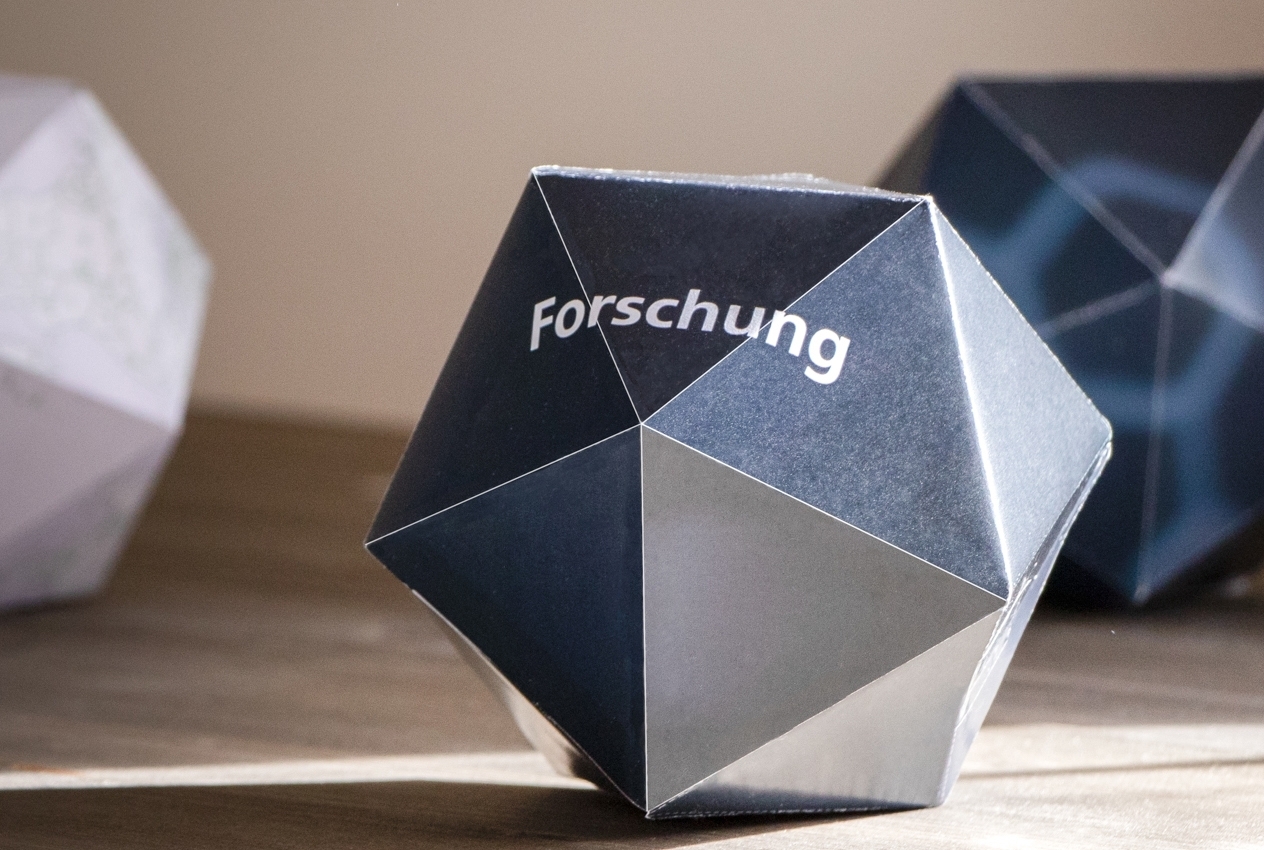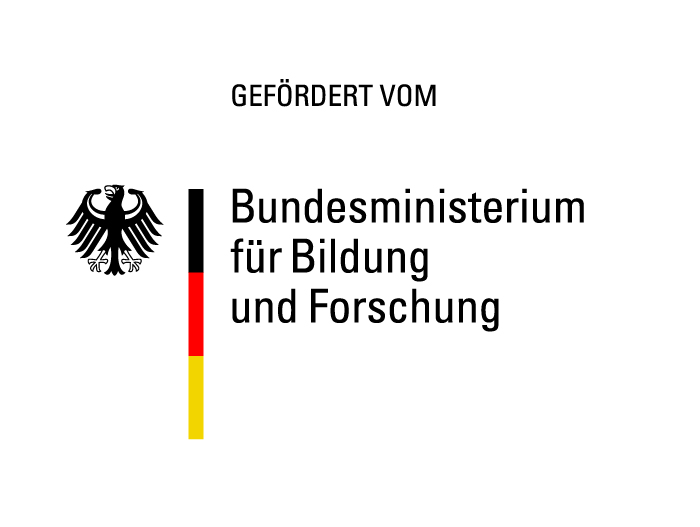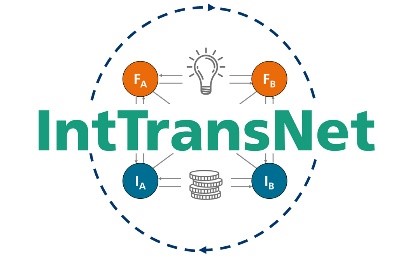The ability to produce internationally competitive products and services makes a decisive contribution to safeguarding employment and prosperity in knowledge-based economies. Effective transfer mechanisms create the conditions for the transfer of research results, knowledge and technologies into economic applications. For this reason, the optimisation of knowledge and technology transfer is given high priority in many research organisations as well as in numerous innovation policy initiatives.
The range of instruments for cross-border cooperation in research and innovation is broad. By promoting the internationalization of research and innovation through innovation policy, the aim is to achieve a new quality in bilateral economic and technical cooperation. The so-called “2+2 model” specifically promotes cooperation between German and foreign organizations from science and industry.
The international character of “2+2 alliances” poses particular challenges. Thus, according to the 2+2 model, cooperation is usually unique in terms of procedure and tasks, and project implementation takes place across borders, with a division of labor and often with the help of project staff from different technical and cultural backgrounds.
The IntTransNet research project systematically analyses the functioning, implementation and impact of the 2+2 model. The insights gained should contribute to the optimization of innovation policy approaches in general and international cooperation in particular. A single sub-project has already begun, the accompanying scientific research of German-Israeli cooperation in applied nanotechnology.
To this end, the researchers of the Innovation Policy and Transfer Design Unit are developing and implementing a set of methods and instruments to support medium-sized companies and research institutions in developing strategic and long-term cooperative networks and in exploiting research results in a sustainable and goal-oriented manner.



